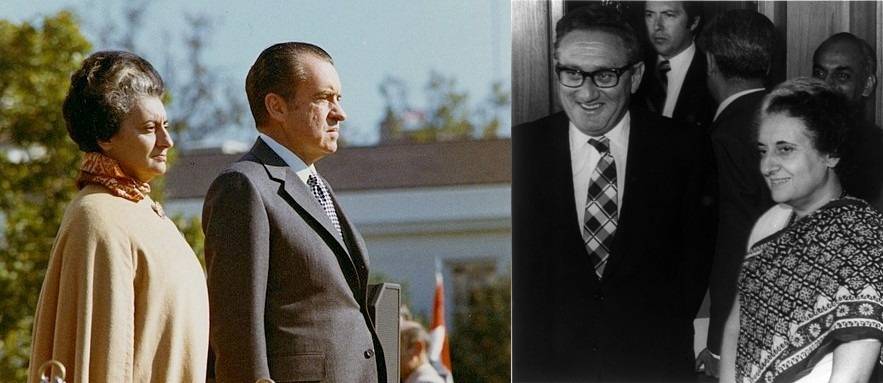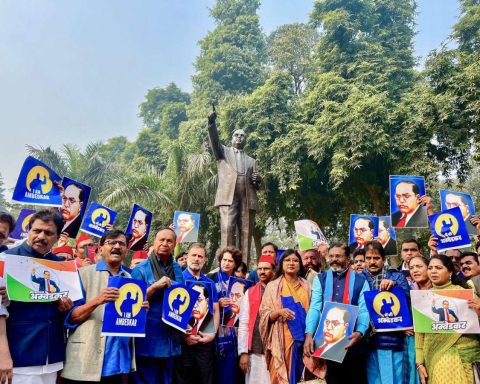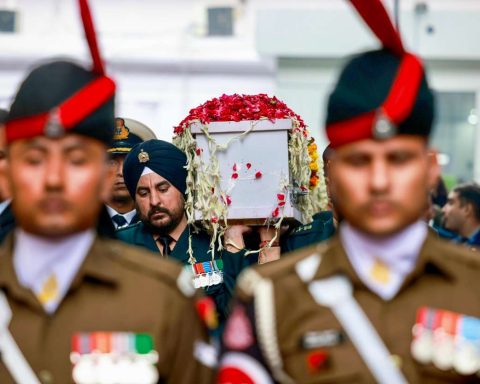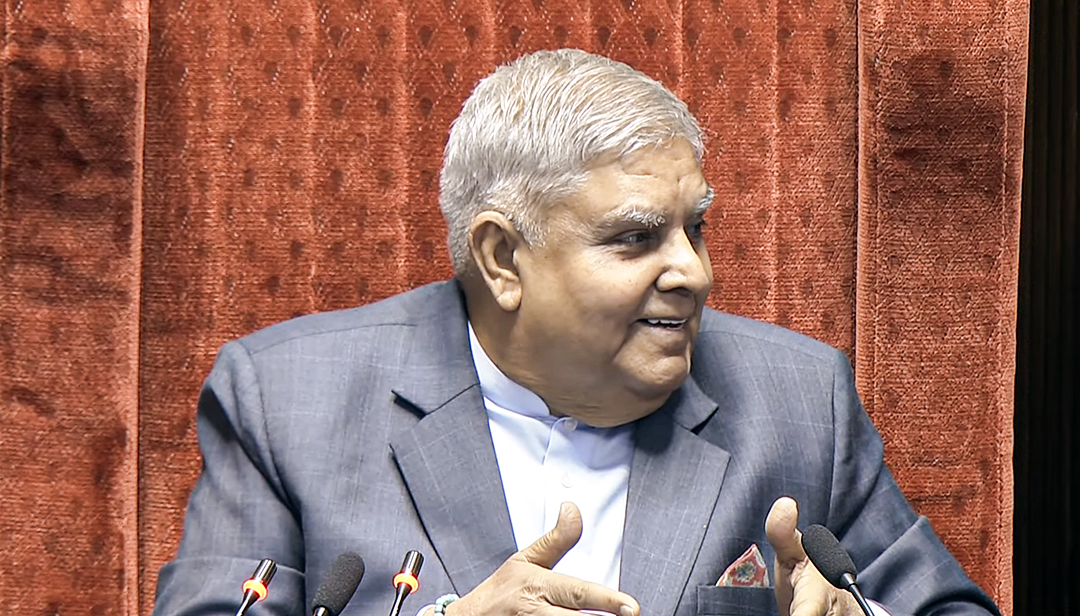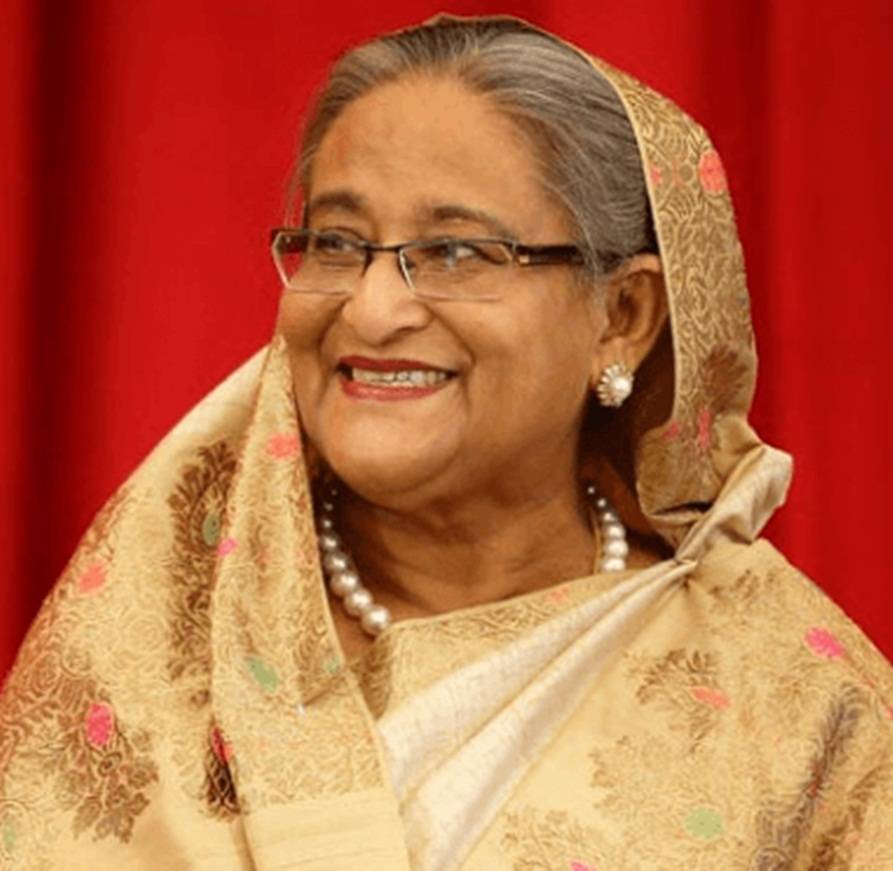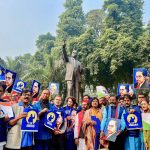For their pipeline to Beijing, Kissinger, Nixon and the Secretary of State William Rogers disregarded the warnings by Dhaka-based US diplomats in what came to be known as “The Blood Telegram” about the “genocide’ in East Pakistan …writes Arul Louis
The US realpolitik has taken a 180-degree turn between 1971 and now, but Washington continues to pay a heavy price for the decision that drove it to virtually condoning the genocide in Bangladesh by Pakistani troops.
The US under President Richard Nixon and his then-National Security Adviser Henry Kissinger tried in 1971 to develop close ties with China with barely veiled hostility to India, but Washington is now trying to build a strategic partnership with India, which it sees as an ally against China.
As Kissinger has said, the driving force behind the US failure to condemn the Pakistani atrocities in what was then East Pakistan was Washington trying to build a bridge to Beijing via Islamabad.
Kissinger admitted in an Atlantic magazine interview that Pakistan used “extreme violence and gross human rights violations” to put down the Bangladeshi independence movement, but “to condemn these violations publicly would have destroyed the Pakistani channel” to China.
For their pipeline to Beijing, Kissinger, Nixon and the Secretary of State William Rogers disregarded the warnings by Dhaka-based US diplomats in what came to be known as “The Blood Telegram” about the “genocide’ in East Pakistan and their denunciation of the US “moral bankruptcy” in failing to condemn the atrocities and the suppression of democracy.
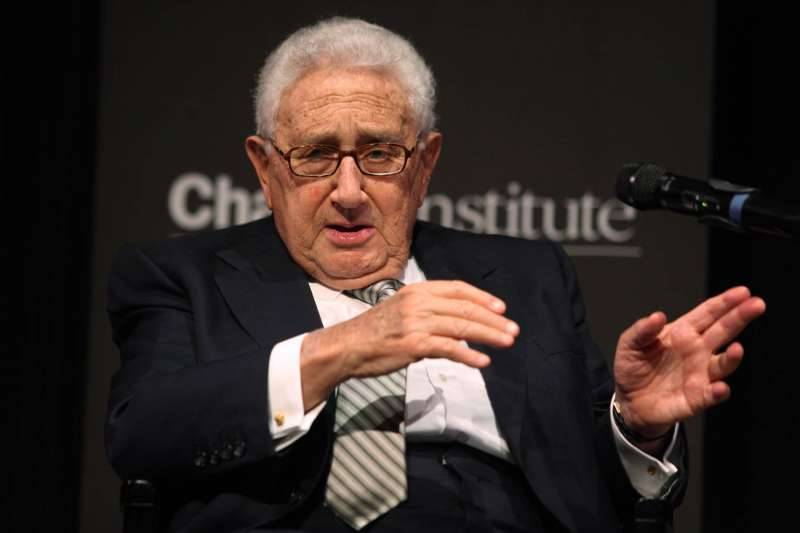
The US went on to intimidate India that was inundated by millions of Bangladeshis fleeing the killing fields of East Pakistan by trying to use its diplomatic muscle and by moving the Seventh Fleet close to India when New Delhi backed the Mukhti Bahini freedom fighters.
And there were the vulgar insults — revealed decades later — by Nixon aimed at India’s then-Prime Minister Indira Gandhi.
For someone hailed as the master of realpolitik, Kissinger has in retrospect worked against the national interests of the US, paving the way for a massive challenge to his country by China, outmanoeuvred by Mao Zedong, Zhou Enlai and their successors.
As a result of the Nixon-Kissinger folly that made it an accomplice of the Pakistani crimes in Bangladesh, Washington is now facing a formidable rival that built itself economically at the expense of the US and is trying to emerge as the dominant world power and a challenger to the world order, especially in the Indo-Pacific.
To counter China’s power the US — under President Joe Biden and before him Donald Trump — is turning to India, a nation reviled by their predecessor, Nixon, as “repulsive” and ridiculed with racist and sexual vulgarities.
Decades later as the effects of Kissinger’s China diplomacy haunt the US, Trump had India declared a major defence partner of the US and the bookend with it of democracies in the Indo-Pacific.
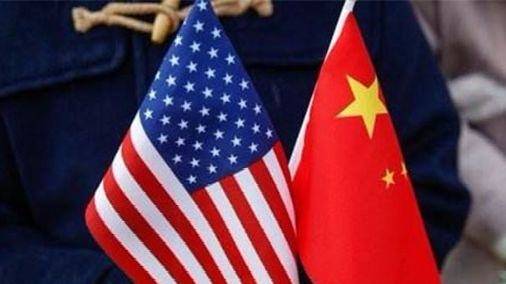
Biden has moved the strategic cooperation further making cooperation with India a priority for his administration as it confronts China’s aggressive behaviour from the Himalayas to the South China Sea and beyond.
After their meeting in Washington in September, they said that because of the “growing strategic convergence, President Biden and Prime Minister Modi resolved to advance the US-India Comprehensive Global Strategic Partnership”.
The world has also changed in other ways.
When the Cold War raged in 1971 with the Soviet Union and the US as the main protagonists, Moscow and Beijing were at loggerheads ideologically and were coming off prolonged border clashes in 1969.
The US was trying to pull China into its orbit to counter the Soviet Union.
The Soviet Union’s rift with China was a factor in propelling Moscow towards close ties with India.
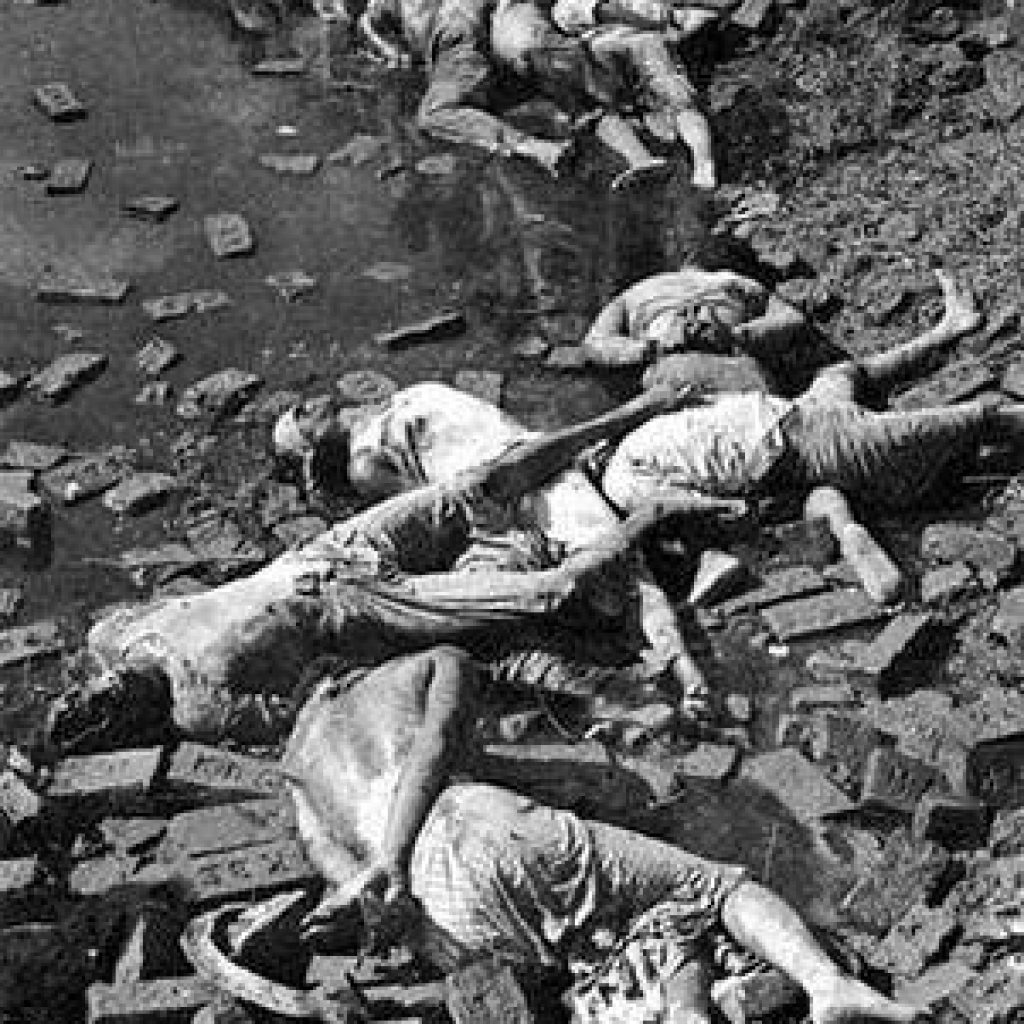
India and the Soviet Union had signed the Treaty of Friendship, Peace and Cooperation in 1971, which stopped just short of an overt military pact.
It said that if either of them was attacked they “shall immediately enter into mutual consultations in order to remove such threat and to take appropriate effective measures to ensure peace and the security of their countries”.
Moscow was the main provider of arms to New Delhi mostly on concessional terms based on rupee trade for then-foreign exchange starved India.
Now China is closer to the Soviet Union’s successor, Russia, drawn by their mutual antipathy towards the US.
India, on the other hand, is drawing away from Russia and moving closer to the US and the West, the residual military purchases and joint manufacturing notwithstanding.
Economically, too, India and the US see the benefits from cooperation, while India’s move away from its vaunted pseudo-socialism has paid dividends.
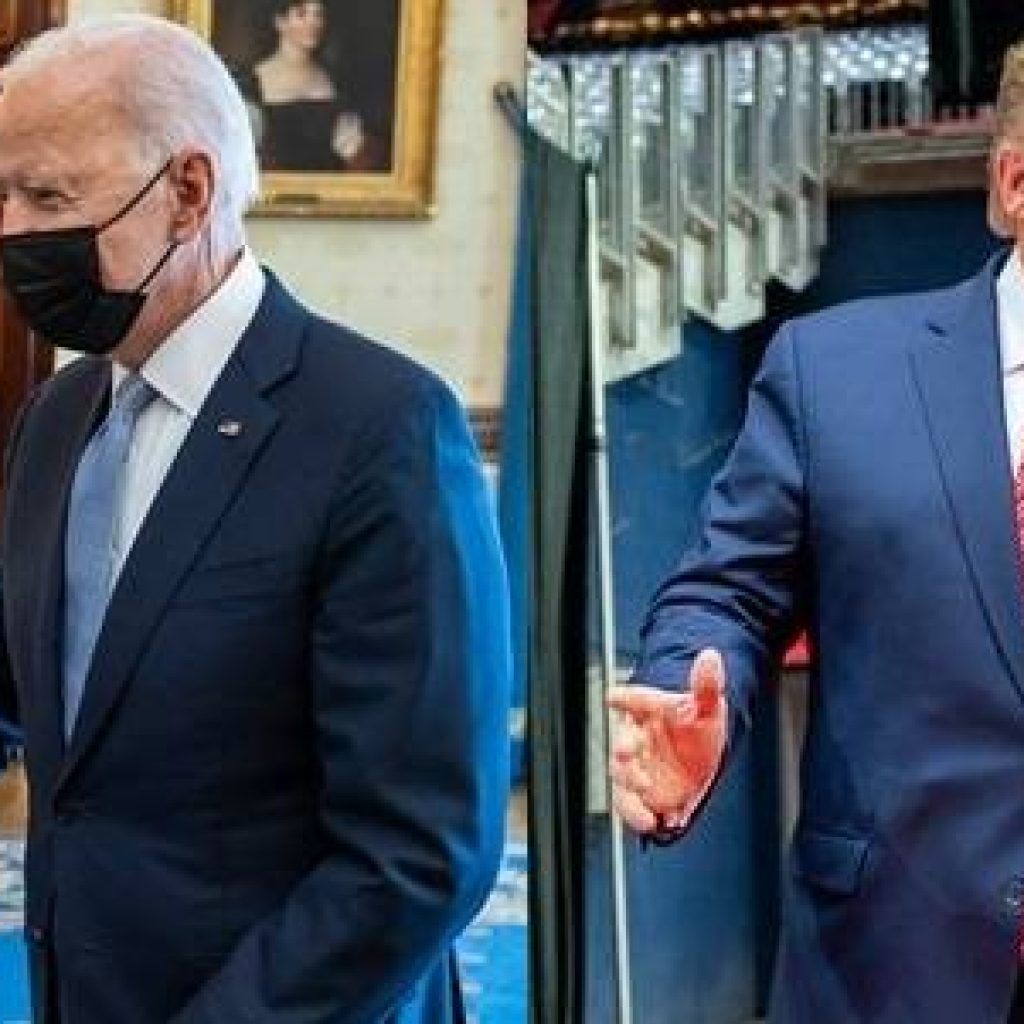
While India pushes its Make In India agenda, the US sees value in diversifying its supply chain on mutually beneficial terms having seen the results of its over-reliance on China during the Covid-19 crisis.
The US has unequivocally backed India during the clashes with China.
The US and India have made several agreements on defence and strategic matters, including the Logistics Exchange Memorandum of Agreement (LEMOA), Communications, Compatibility and Security Agreement (COMCASA), and the Industrial Security Agreement (ISA) and are working towards interoperability of their militaries.
But in the 1970s India’s brand of Non-Alignment with a pro-Soviet tilt would have made any cooperation with the US unlikely, nor would the US attraction to dictators like Pakistan’s generals.
India, too, has paid its own price for the Soviet-branded Non-Alignment in economic terms, which in turn has impacted its strategic and diplomatic standing.
In “The Blood Telegram”, which got its name from the US Consul General Archer Blood who endorsed their stand, the diplomats witnessing the genocide said they “fervently hope that our true and lasting interests here can be defined and our policies redirected in order to salvage our nation’s position as a moral leader of the free world”.
Fifty years later, Biden may be trying to do just that even as the US pays its price for Kissinger’s realpolitik folly.
